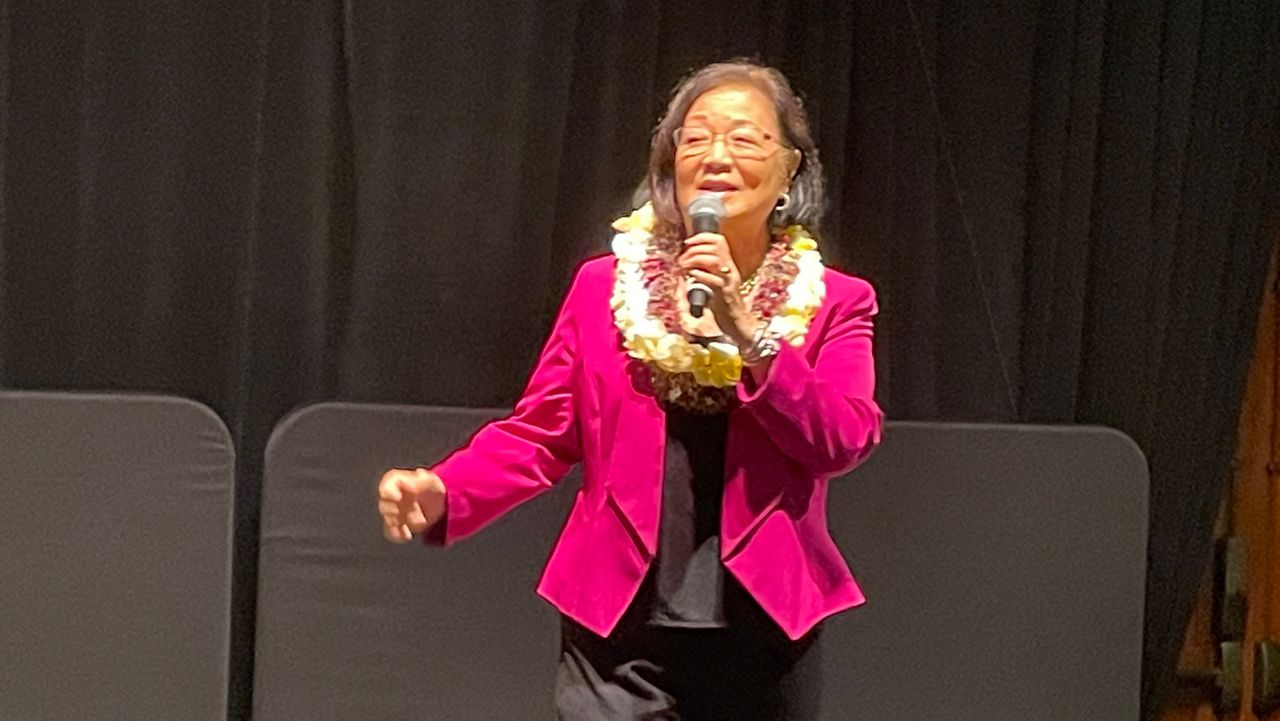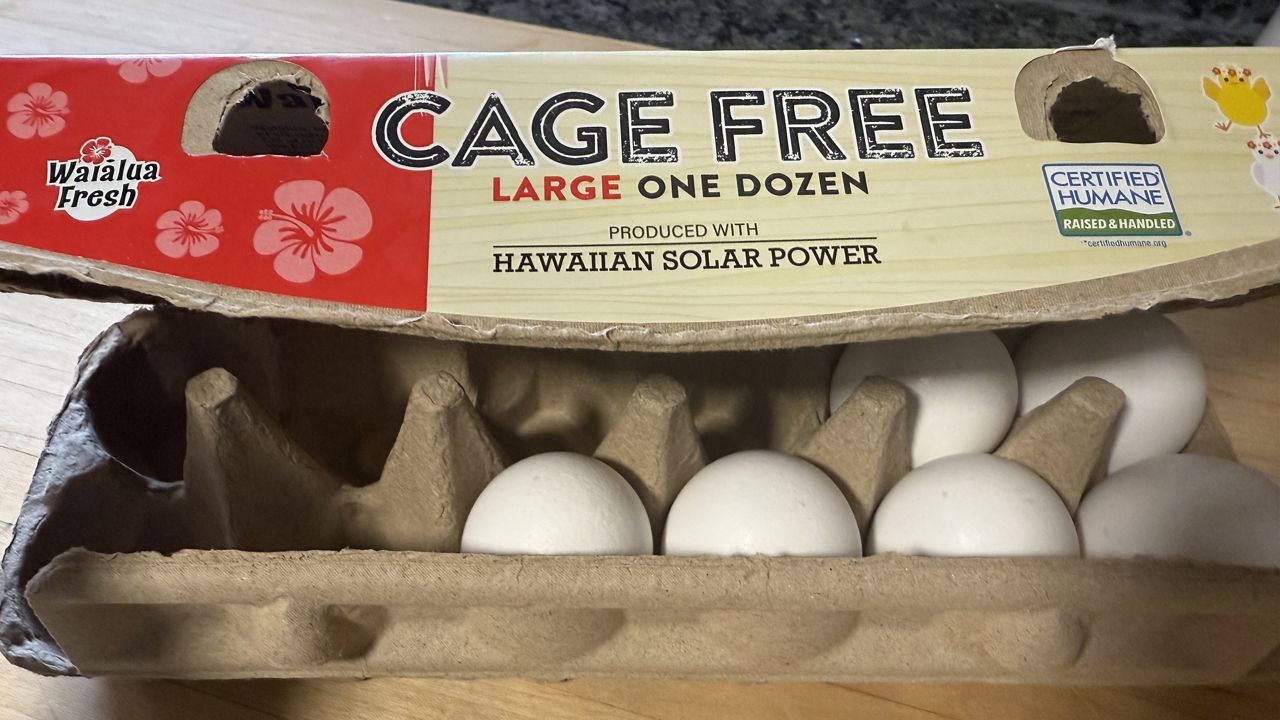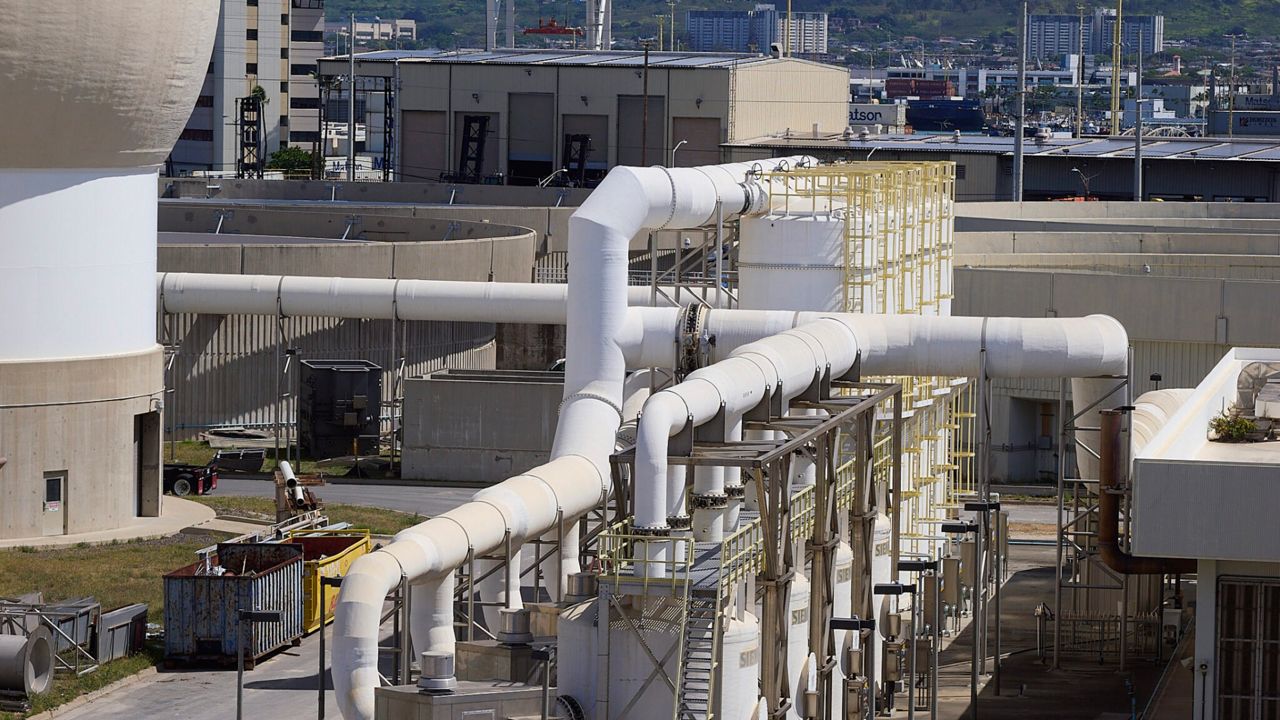Service members stationed in Hawaii, home of the country’s highest cost of living, are facing a 50% reduction in their cost-of-living allowance and at a U.S. Senate Armed Services Committee meeting on Thursday, Sen. Mazie Hirono, D-Hawaii, demanded to know why.
Military personnel stationed in Hawaii and other posts outside the continental United States receive an Overseas Cost of Living Allowance to offset higher prices for goods and services.
“Today, the cost of a gallon of gas in Hawaii is $4.85, more than a dollar above the national average of $3.46,” Hirono told Department of Defense officials. “A gallon of milk in Honolulu is $7.28 compared to the national average of $4.41. The cost of housing in Hawaii is higher than any other state—I could go on. As we continue to combat inflation, the thought of slashing the cost of living allowance for service members in Hawaii is absurd.”
The change could cost service members hundreds of dollars per month depending on pay grade, years of service, number of dependents and other factors.
Hirono asked Under Secretary of Defense Personnel and Readiness Gil Cisneros how the department justified the impending cut.
Cisneros explained that the OCOLA allowance is intended to ensure that service membes have the same spending power regardless of where they are stationed. And while he said inflation is not factored into the calculation for OCOLA, the cut reflects a narrower difference in cost of living between Hawaii and other states.
“What’s happening is it’s evening,” Cisneros said. “Things here in the continental United States have grown as well.”
Cisneros tried to refer Hirono to Thomas Constable, DoD’s principal deputy assistant secretary for manpower and reserve affairs, for an explanation of the formula but Hirono continued to press on whether Cisneros considered the cut justified.
“They way that OCOLA is figured out, and the system that it is, it’s not just Hawaii but all around,” Cisneros said. “Germany, Japan, all these areas are facing the same cut because, again, OCOLA is meant to bring pay into alignment with what it would be here, to make sure that he dollar, if they were in the states, would stretch just as far overseas. As people are struggling here in the continental United States, it’s kind of evened the playing field out.”
Cisneros agreed to forward to Hirono the data on which the adjustment is based.
Michael Tsai covers local and state politics for Spectrum News Hawaii. Email him at michael.tsai@charter.com









